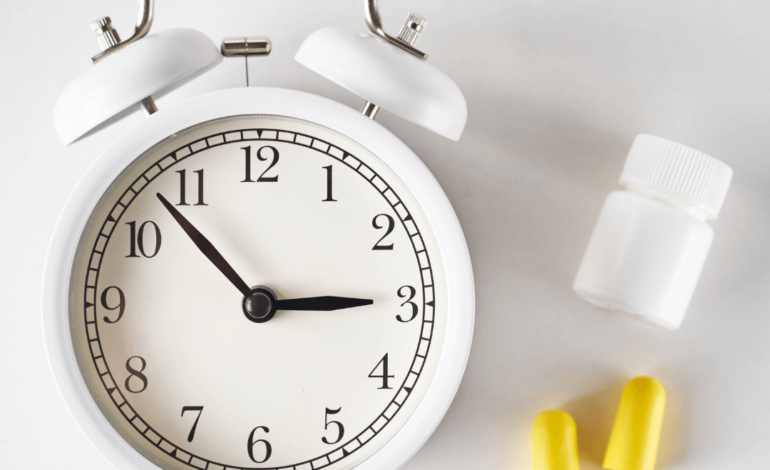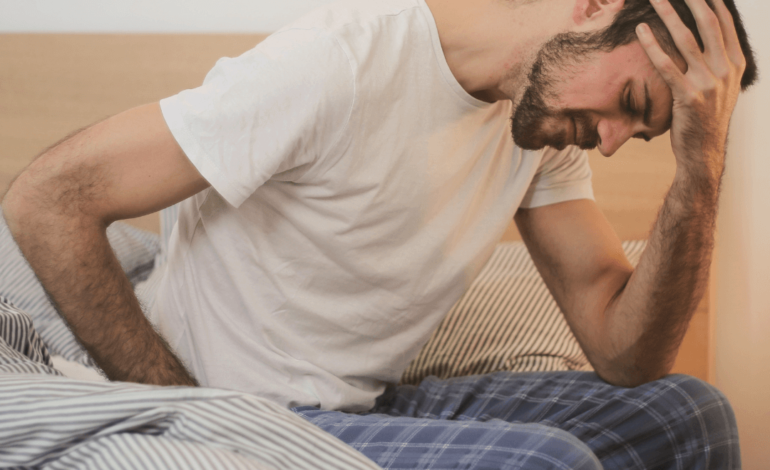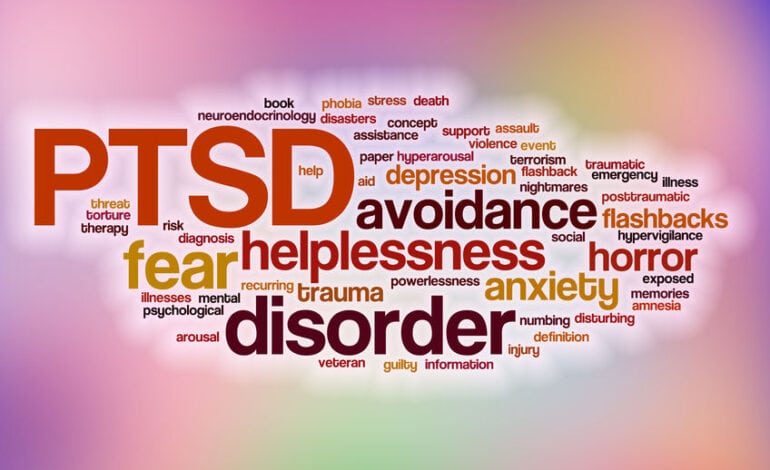For many American adults, falling asleep and staying asleep is complicated and sometimes impossible. As a result, many individuals wake up groggy and feel stressed throughout their day. Getting a restful sleep throughout the night is incredibly important for mental and physical health, and often out of desperation, many individuals turn to sleeping pills.
According to studies:
50-70 million US adults have a sleep disorder.
0% report snoring.
9% reported unintentionally falling asleep during the day at least once in the preceding month.
Insomnia is the most common specific sleep disorder, with short-term issues reported by about 30% of adults and chronic insomnia by 10%.
Approximately 30-50% of individuals rely on sleep aids to doze off at night. However, many individuals overuse and abuse sleep aids, and studies have shown that sleep aids can result in addiction.
Sleeping pill dependency
Many individuals assume that they cannot become addicted or dependent on sleeping pills; however, this is false as sleeping pills have high addiction potential. Most doctors prescribe sleeping pills for short-term use for individuals with diagnosable sleeping disorders. Sleeping pills are usually prescribed on an “as needed” basis known as PRN, rather than on a scheduled dosage like many other prescriptions. Unfortunately, many individuals misuse sleeping pills whenever they have a hard time falling or staying asleep or whenever they experience high anxiety levels. Sleeping pills have a high potential for dependency, which results over time when the body becomes so used to a drug that it is tricked into believing it needs the drug to function normally. As a result, when the drug is stopped, or use is cut down, the individual is at risk of experiencing withdrawal symptoms. When sleeping pills are misused (ex. taken for longer durations than prescribed, taken at a higher dosage than prescribed, taken more frequently than prescribed, or taken when not prescribed), the individual becomes an increased risk for sleeping pill dependency, which can cause uncomfortable and sometimes severe withdrawals when the sleeping pills are stopped or reduced.
Classifying sleeping pills
Sleeping pills fall into a class of drugs known as sedative-hypnotics, including benzodiazepines and barbiturates. Common benzodiazepines that are prescribed for sleep include the following:
Alprazolam (Xanax)
Diazepam (Valium)
Lorazepam (Ativan)
Quazepam (Doral)
There are also non-benzodiazepine hypnotics commonly referred to as “Z-Drugs” since they induce sleep. These include the following:
Zolpidem (Ambien)
Zaleplon (Sonata)
Eszopiclone (Lunesta)
Over-the-counter sleep aids include diphenhydramine (Benadryl) and acetaminophen/diphenhydramine (Tylenol PM), which are commonly abused since they are more easily accessible than prescription sleep aids.
Ramelteon (Rozerem) is the newest prescription sleep medicine and the only drug in its class, known as sleep-wake cycle modifiers. Ramelteon acts directly on the body’s sleep-wake cycle or circadian rhythm.
Sleeping pill side effects
Sedative-hypnotics work by increasing the release of GABA in the brain, a neurotransmitter primarily responsible for inhibiting the function of the nervous system, thus stimulating drowsiness or relaxation and causing sleep. With that said, sleeping pills are known to have many unwanted side effects that include the following:
Memory disturbance
Hallucinations
Dreamless sleep
Lack of coordination
Dizziness
Rebound insomnia
When individuals stop taking sleep pills, they may experience withdrawals, especially rebound insomnia. Rebound insomnia is compounded insomnia that is even worse than before the individual started taking sleeping pills. This is a common withdrawal side effect and is a primary reason individuals cannot stop taking sleeping pills or continue after they have stopped (relapse). Fortunately, medically assisted detox can help minimize rebound insomnia and other withdrawal symptoms. Medications are tapered to ease withdrawal symptoms, including rebound insomnia.
Sleeping pills and co-occurring disorders
Individuals who misuse sleeping pills have a high likelihood of depression and anxiety and, as a result, use sleeping pills to self-medicate in order to induce faster sleep as a way to alleviate stress and sadness. Additionally, many individuals with an alcohol use disorder will often mix sleeping pills as they have similar effects as alcohol. This combination can be dangerous and even lethal. Other drugs that are often combined with sleeping pills include cannabis, opioids, and antidepressants.
Seeking treatment for sleeping pill addiction at AKUA Mind and Body
Individuals who have an addiction to sleeping pills may also have an underlying co-occurring disorders such as depression or anxiety, which is contributing to their insomnia.Seeking professional addiction treatment can help individuals overcome their addiction and assist individuals in treating their underlying sleep disorders and any mental health disorders that are contributing to their sleep disturbance. Depending on the specific sleeping pill of abuse, medications can be administered to prevent dangerous physical withdrawals and ease cravings. Psychotherapy is also included in the treatment regimen to teach healthy coping mechanisms and relapse prevention skills.
AKUA Mind and Body is a full-service addiction and mental health treatment center with locations across California. We specialize in treating individuals struggling with mental health disorders, substance use disorders, and co-occurring disorders. We offer detoxification, medication-assisted treatment, and behavioral therapy approaches at all levels of care, ranging from residential settings to outpatient treatment. We pride ourselves on having a compassionate and knowledgeable treatment staff who cares about each client and their family.
Sleep Awareness Week, March 13th-March 19th, 2022, highlights the importance of good sleep and educates individuals about improving their sleeping habits.
Founded by the National Sleep Foundation, Sleep Awareness Week provides individuals the opportunity to learn about why sleep is important, how good sleep can improve health, whether or not certain sleeping habits may be harmful to your mental and physical health, and what to do when bad sleep is interfering with your daily functioning.




